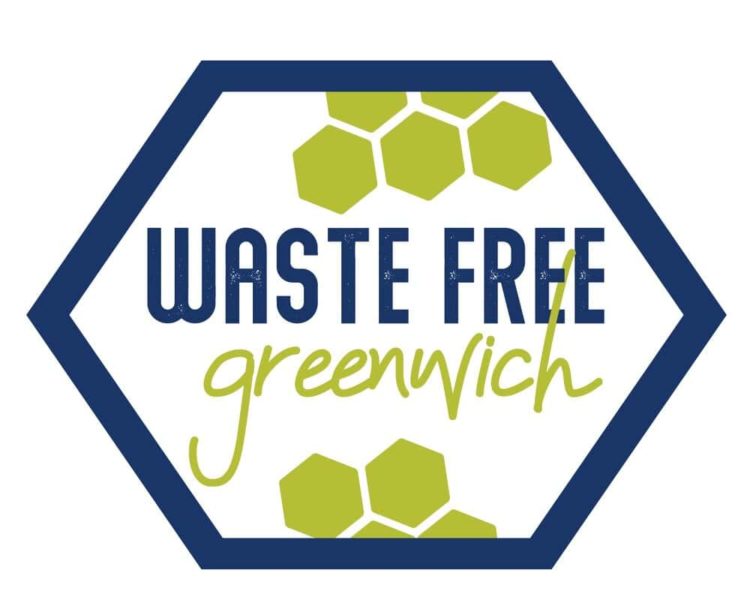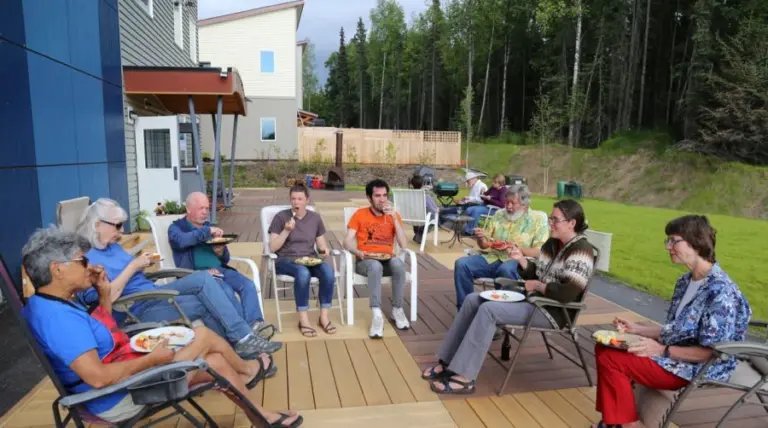
After a $6,350 match from the Sustainable CT Community Match Fund, the Greenwich Recycling Advisory Board (GRAB) and Waste Free Greenwich now have $12,700 to put toward a food scrap recycling pilot program in town.
Waste Free Greenwich, in coordination with the Department of Public Works and the Conservation Commission, are preparing educational and outreach programming, developing operational procedures and procuring materials to implement the pilot, which is scheduled to launch in April 2020.
The project was supported by a crowdfunding campaign that received a dollar-for-dollar match from the Sustainable CT Community Match Fund, which is an initiative of the Institute for Sustainable Energy at Eastern Connecticut State University that is funded by the Smart Seed Fund, Emily Hall Tremaine Foundation and Connecticut Green Bank.
About Sustainable CT and Community Match Fund
The Sustainable CT Community Match Fund helps to bring projects across the state to life by providing fast, accessible funding as well as fundraising coaching and support to residents and organizations with great ideas to make their communities more sustainable. Anyone in a Sustainable CT-registered municipality is eligible to receive this funding, meaning that schools, nonprofits, community groups and individual residents can all propose projects and access the matching funds.
“Through the Community Match Fund, we aim to put residents at the forefront of creating positive, impactful change,” said Abe Hilding-Salorio, community outreach manager for Sustainable CT. “Match Fund projects are community led and community funded, demonstrating the power of people working together to make change in their communities.”
Sustainable CT, an initiative of the Institute for Sustainable Energy at Eastern Connecticut State University, provides a roadmap of sustainability best practices for towns, technical assistance, funding and recognition through certification. Forty-seven towns and cities across Connecticut have earned the prestigious Sustainable CT certification, demonstrating accomplishments in nine impact categories including inclusive and equitable communities, cleaner transportation, vibrant arts and culture, natural resource stewardship and affordable housing. Find more information at sustainablect.org




